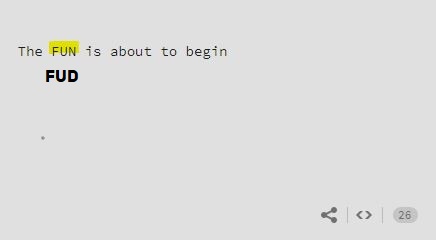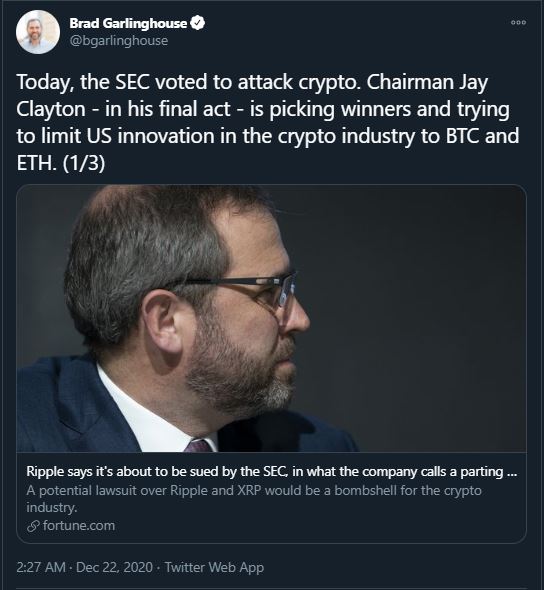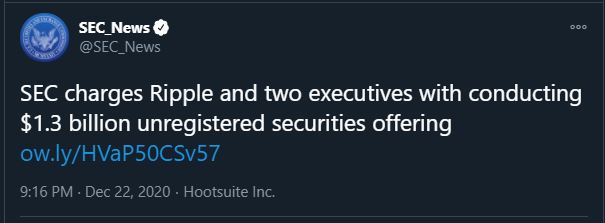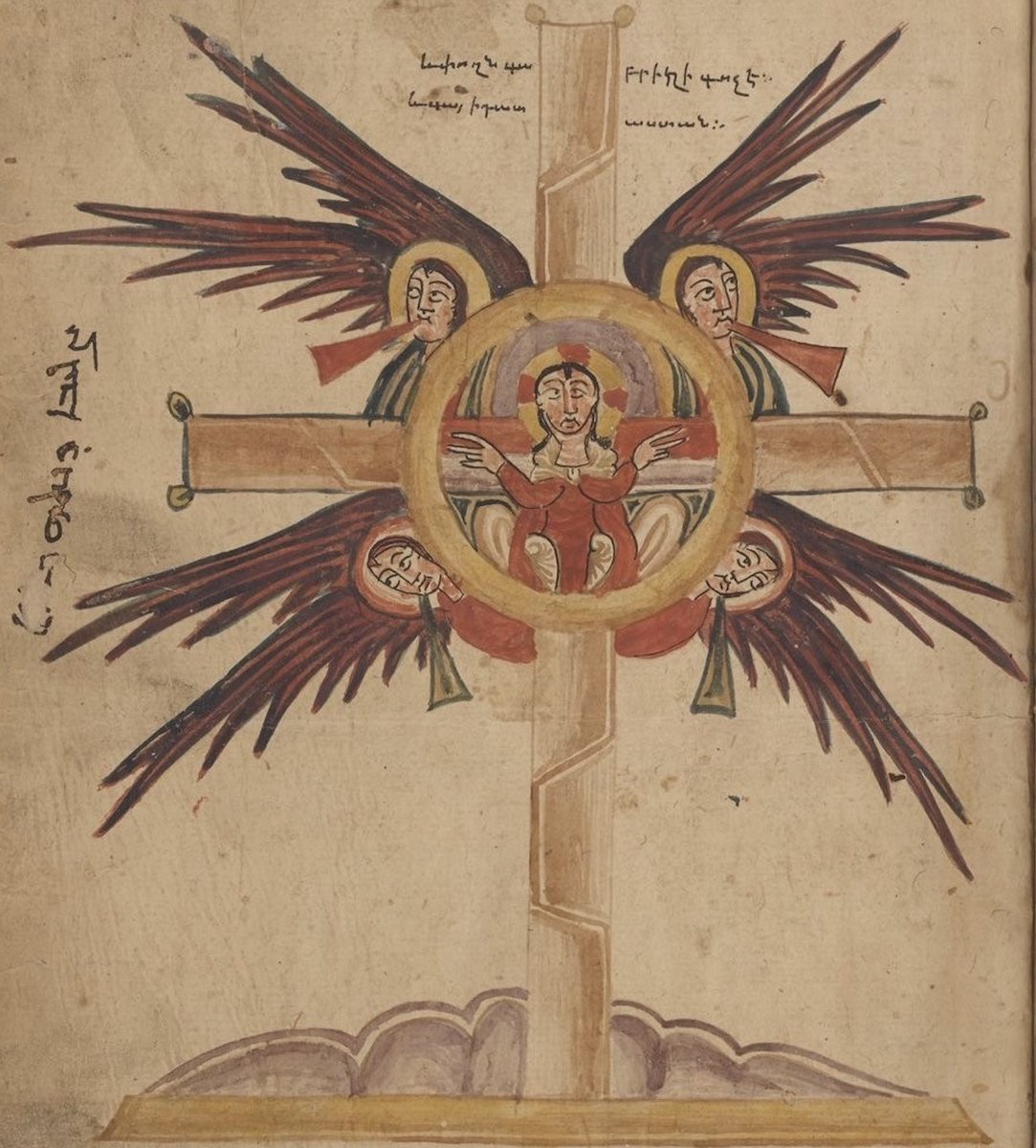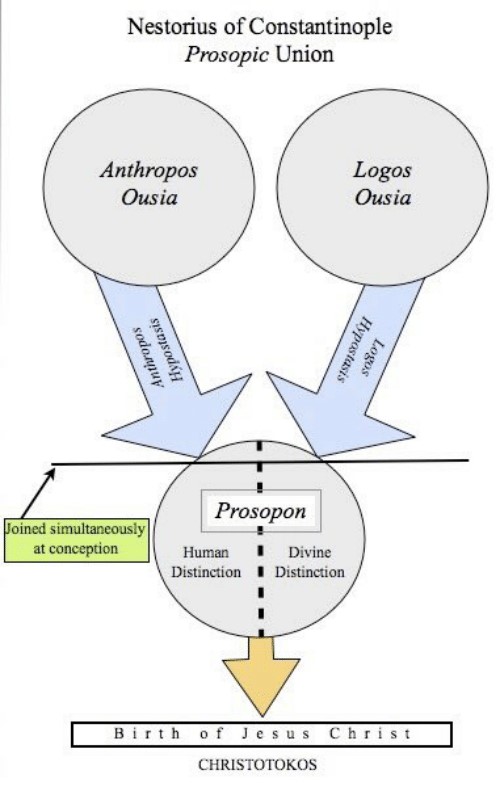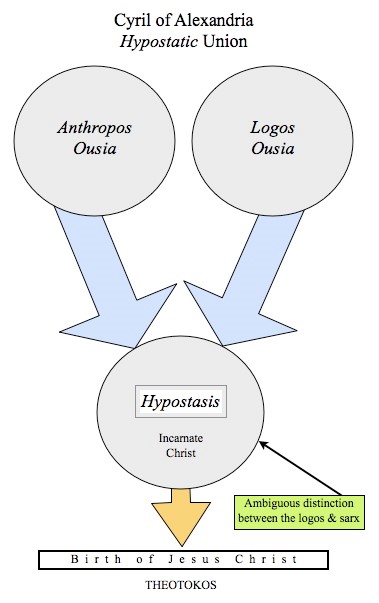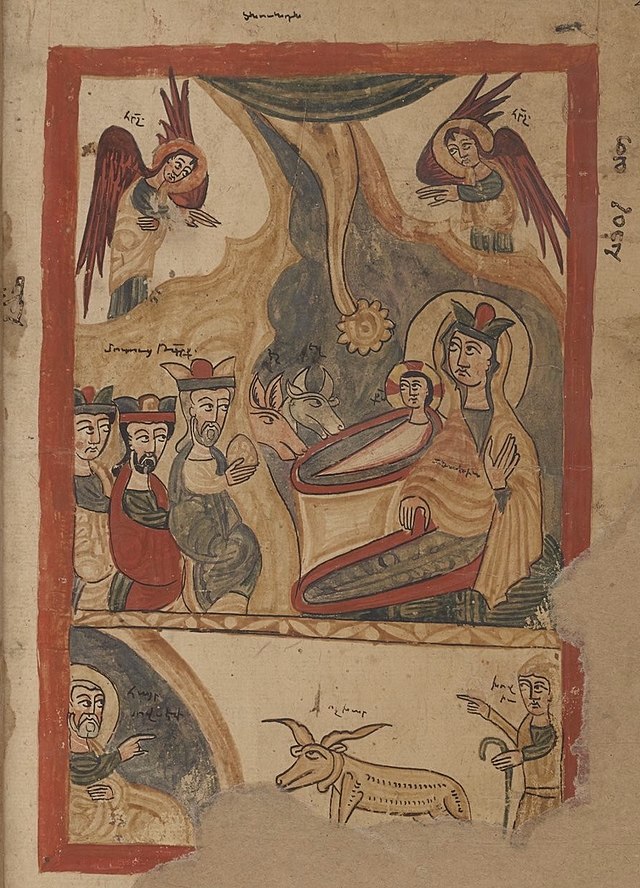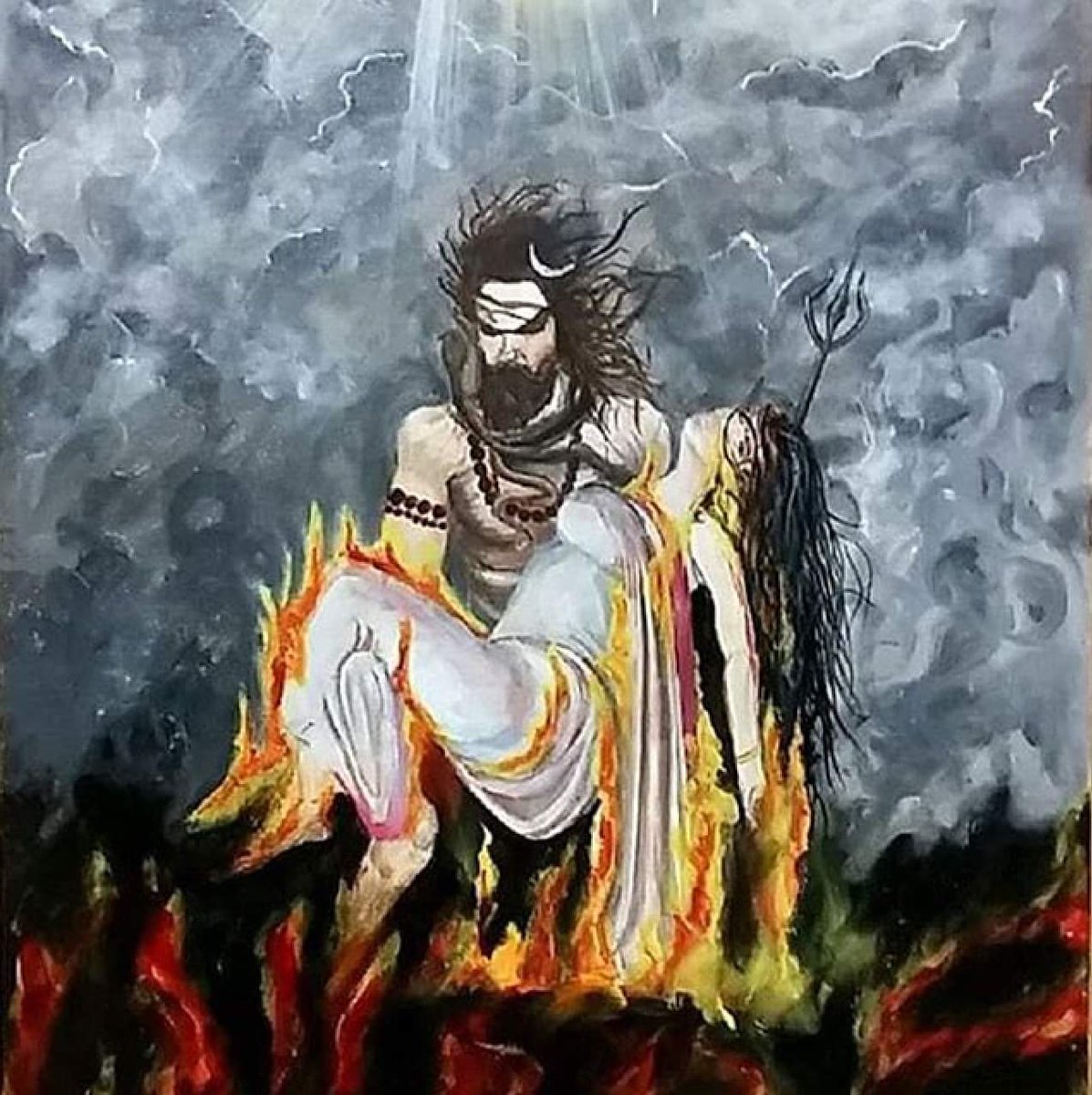If someone’s an asshole to people you don’t know personally, but you disapprove of the assholery... it’s still your right to decide not to work w/them.
It’s not a blacklist if people choose not to work with you b/c your views make them or others feel unsafe.
At a certain point, conservatives are going to have to recognize that “views” are not academic when they have real-world effects and consequences for other people.
Like, “X got fired for being conservative!” implies those conservative views exist in a vacuum and are purely thought experiments, whereas in actuality those views are likely affecting other people quite fundamentally.
If you insist that people who cut ties w/ bigots are doing it just because of pressure from “cancel culture,” you’re basically saying they can’t tell the difference between which values matter to them and which don’t. That’s pretty patronizing.
Eg: Maybe I consider a guy to paint my house, then find out he’s super racist and don’t hire him. Saying “oh, but he’s a GREAT painter, who cares if he’s racist!” means you think I weighed *my own* values—good painting job vs. dislike of racism—and got *my own* priorities wrong.
“But if everyone refuses to work with X, no one will hire him!” Yes, that is how consequences and societies work. If my guy X is an asshole to *everyone*, no one will hire him. There’s no rule guaranteeing assholes work, or friends. This is one way societies discourage assholery.
The argument we’re really having here is not “Did so-and-so get fired for being conservative?” It’s really “What are the basic values we as a society agree on?” Is it okay to demean other people’s race, gender identity, etc.? Political opinions don’t exist in a vacuum.
At a certain point, if *most* people agree that behavior Y is bad, then discouraging Y isn’t “cancel culture”—it’s acknowledging our societal values have changed.
I guess the corollary is: What if the situation is reversed, and other people think *I* am the asshole? Then I have to decide: is it more important to me to be accepted in this society, or to hold onto this value that they feel is unacceptable? Well—
This is where you have to decide how important that behavior is to you. Say people are mad b/c you keep picking your nose in public. Current societal norms say “We don’t pick our noses in public.” Most of us decide societal acceptance > picking our noses publicly, so we don’t.
If picking your nose publicly is SUPER important to you? Okay, then you are free to! It’s not against the law. But it means people may not want to hang around you because they find you gross. Are you okay with that? Pick away!
This is a flawed example but let’s persevere (can you tell I have a 10yo by the fact that my mind went straight to gross things like nose-picking?)
Maybe you feel it’s unjust that public nose-picking is frowned upon. Free the boogers! That’s fine, and you can make your case. Maybe you’re ahead of your time and someday everyone will do it! But right now, it’s generally considered gross, so know that you may be shunned.
To go back to the current cases: people like Gina Carano are expressing views that are widely seen as unacceptable. That’s why she got dropped. The big question is: do you think *those views* are okay and that people should be allowed to choose to NOT work with her? That’s it.
The debate here is not “Is it fine, generally speaking, if people get fired for political views?” (Which is not what happened, but I digress.) The question is “Do we as a society find those specific views acceptable?” The people who cut ties with Carano felt they weren’t.
Pretty clear parallel here to those saying “X got fired for saying the N-word! Now on principle, anyone can get fired for saying ANY word!” 1. No he didn’t, 2. No they can’t, and 3. Do you actually think everyone SHOULD get to say the N-word?
Look closely at the hills people are willing to die on. If you’re claiming you don’t need to say that/do that but you object “on principle,” maybe look a little harder in the mirror.
“He got ostracized for picking his nose publicly! That means any one of us could be ostracized for any kind of orifice picking!” See how ridiculous it sounds? All I can really infer from this is that... YOU really want to be able to pick your nose in public.
These things only seem murky when you think in abstractions, like it’s an academic debate about “principles.” If you think about actual people—would these agents, actors, etc. want to work with someone who made them & their loved ones feel unsafe or unvalued?—it’s pretty clear.
I do not have the time or patience to rely to those still willfully missing the point, I have already given you 947 tweets about public nose-picking, I can give no more.











